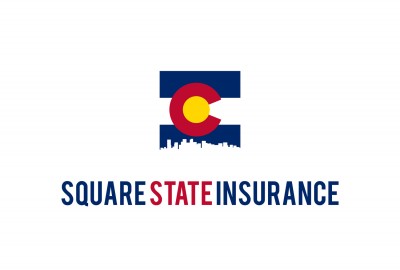Do you work for a ride-sharing company like Uber or Lyft? If so, then you need to call your insurance agent before you consider taking another fare. You may have thought that some combination of your personal auto insurance and your ride-sharing company’s insurance had you completely covered, but the fact of the matter is that neither insurance can fully insure you from every claim you might encounter. While some states are working on legislation to bridge this gap, Colorado has not passed any measures yet, and you need to address this problem yourself. But don’t panic. Let’s examine this gap in coverage and how you can protect yourself from this little known insurance technicality.
TNCs: Transportation Network Companies
Ride-sharing companies like Uber, Lyft and Sidecar are officially known as TNCs, or Transportation Network Companies, and they operate by contracting drivers who use their personal vehicles to transport customers. They are similar to taxi companies in some regards, but taxi drivers are covered by commercial insurance policies while TNC drivers are not.
Some ride-share drivers have assumed that TNC insurance policies are exactly the same as commercial policies and that they provide the same blanket coverage, but the reality is TNC insurance is not as comprehensive as a commercial taxi policy. To further complicate the issue, drivers in certain states aren’t effected by this potential gap in coverage, but unfortunately Colorado drivers are. The time is now for Colorado ride-share workers to ensure that they are protected from potentially devastating claims against them while they drive for TNCs.
What Can Happen
Generally speaking, the moment you log onto a TNC network as a driver, your personal auto policy stops covering you. It is not that insurance companies are against the advent of ride-sharing companies, but they are still relatively new, and all the quirks of insuring the ebb and flow of personal drivers becoming commercial drivers with the tap of a smart phone is without precedent. Couple this with the fact that TNC insurance is not the same as commercial driver insurance because of similar complications, and it’s not hard to see that TNC drivers are the real ones at risk here. But there is still an easy way to stay lucrative as a TNC driver while protecting yourself from unforeseen claims.
Commercial Auto-For-Hire Livery (Ride-Sharing) Program
It would be absurd and anything but cost effective for every TNC driver to file for complete coverage as a commercial driver. After all, much of the appeal of TNC work is the fact that you can supplement your income without having to commit to a set schedule. But the risk of an uncovered insurance claim while driving for a TNC will certainly spoil the fun of extra income.
There is a reasonable solution for all this gray area. Ask your Square State Insurance representative about a Commercial Auto-For-Hire Livery policy and get a quote on this very reasonable coverage today. Adding this coverage will ensure that you aren’t caught in the black hole between personal and TNC network insurance. This insurance gap is still up in the air in states like Colorado, so now is the time to act. You don’t have to quit the TNC job you love, but it is time to get smart about insurance coverage for it.
Image one courtesy of Wikimedia Commons.

